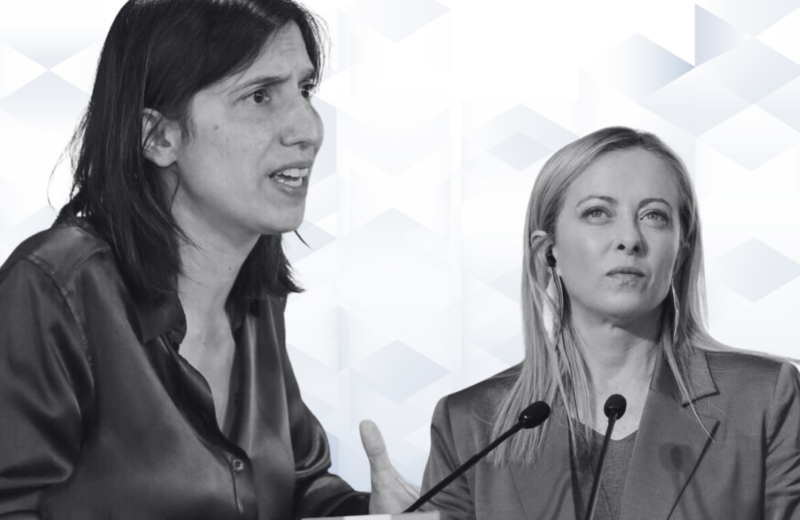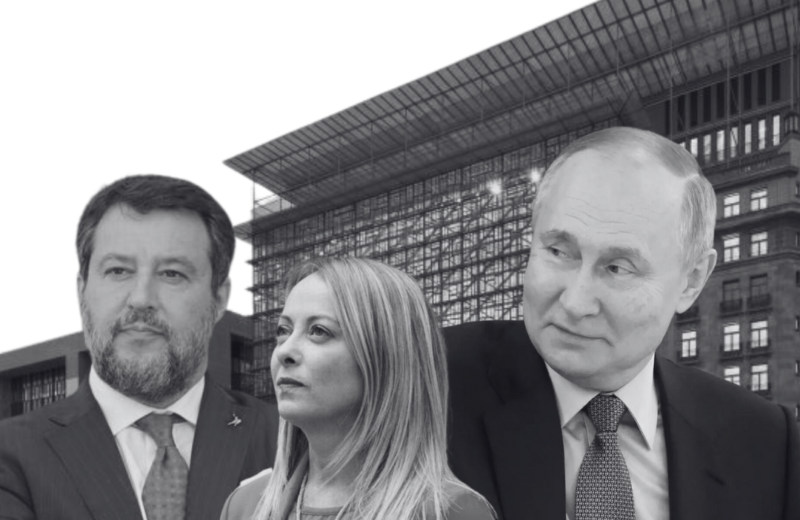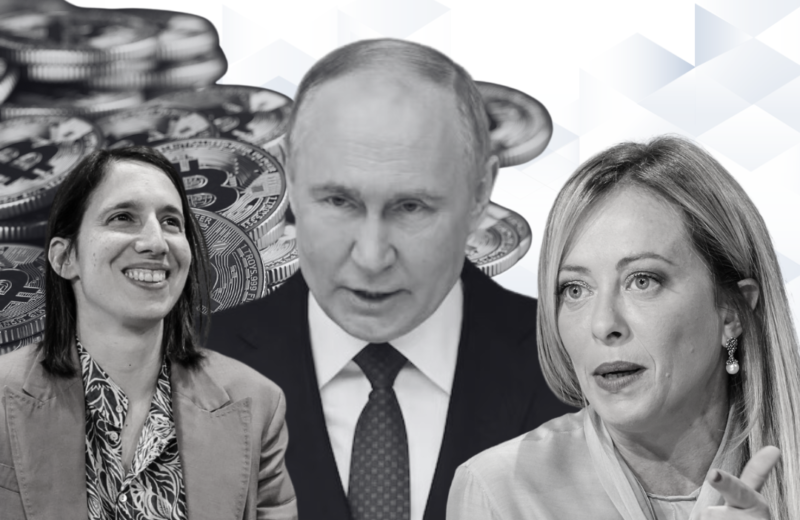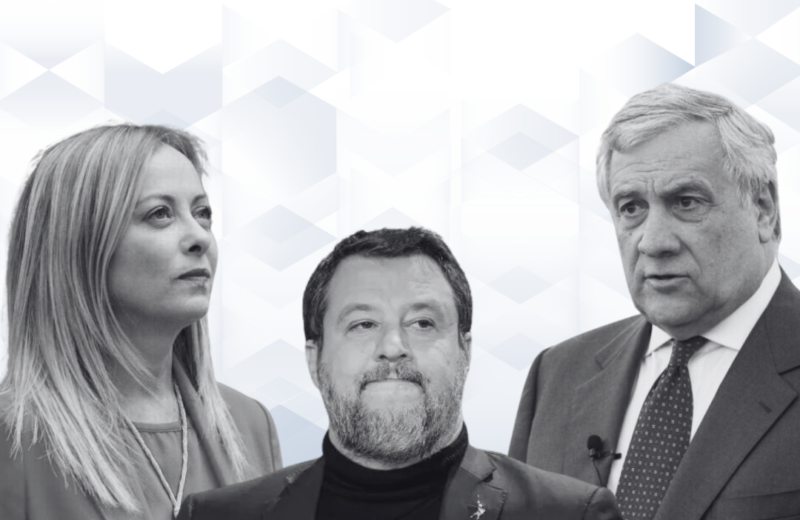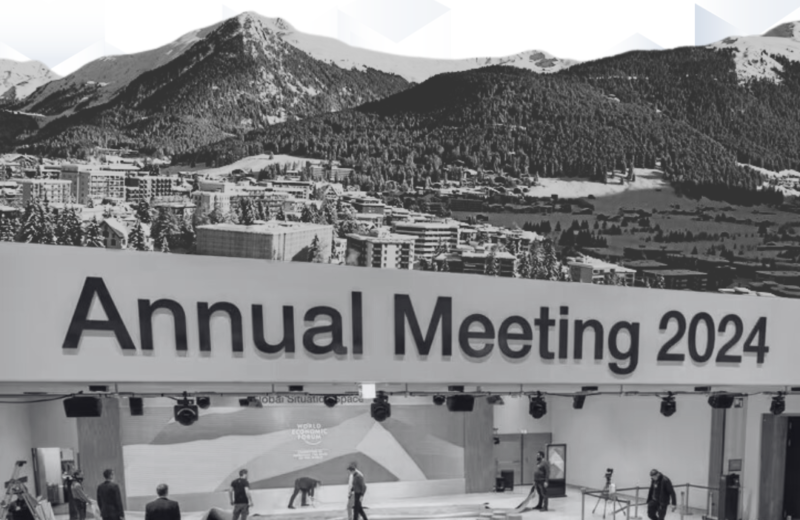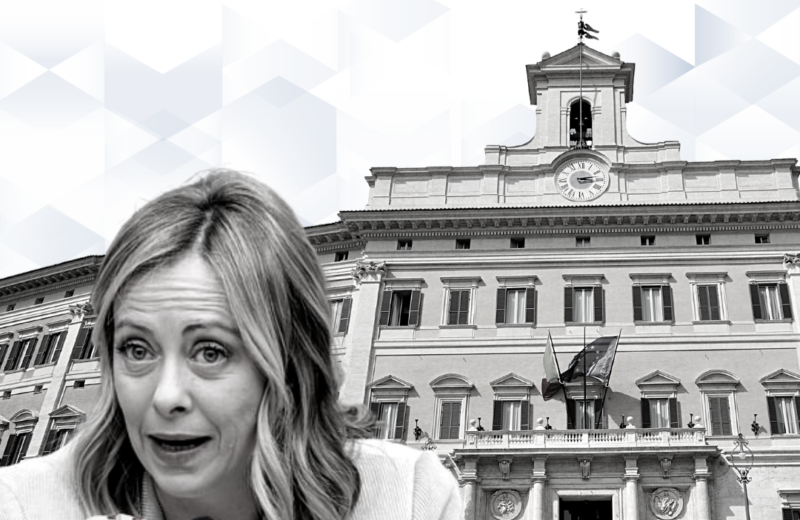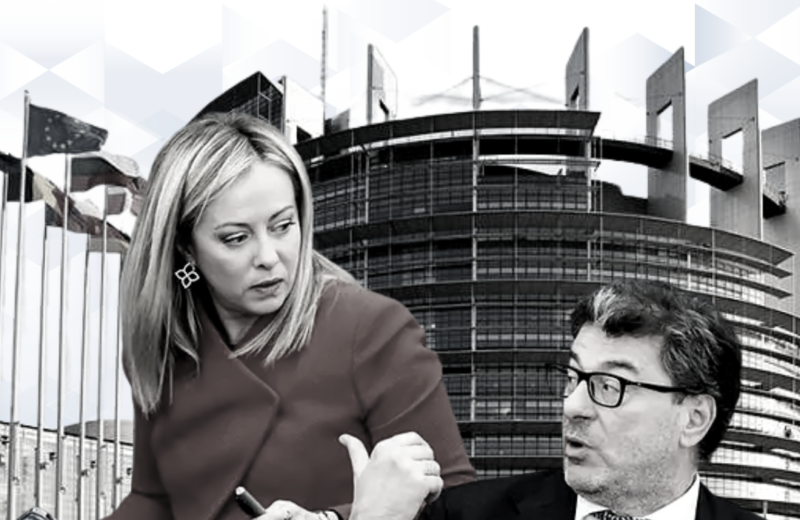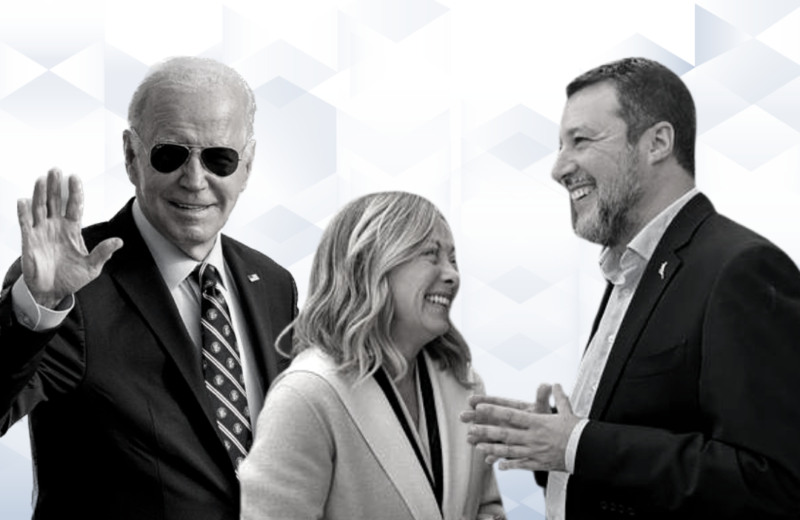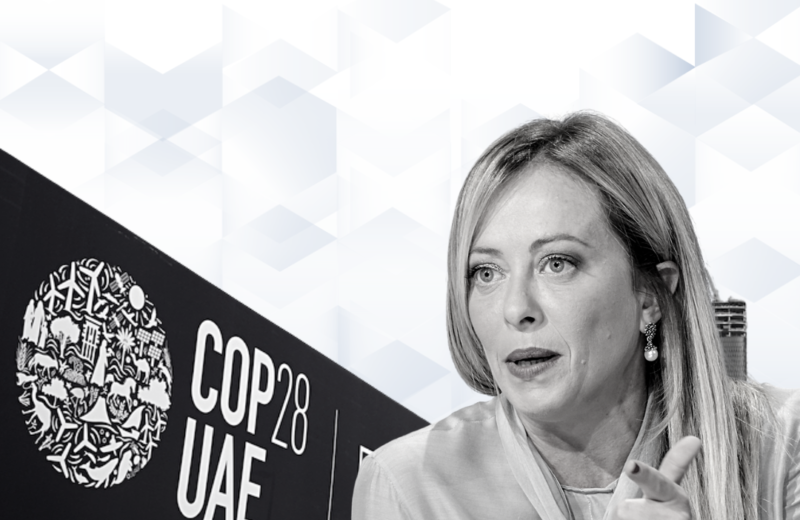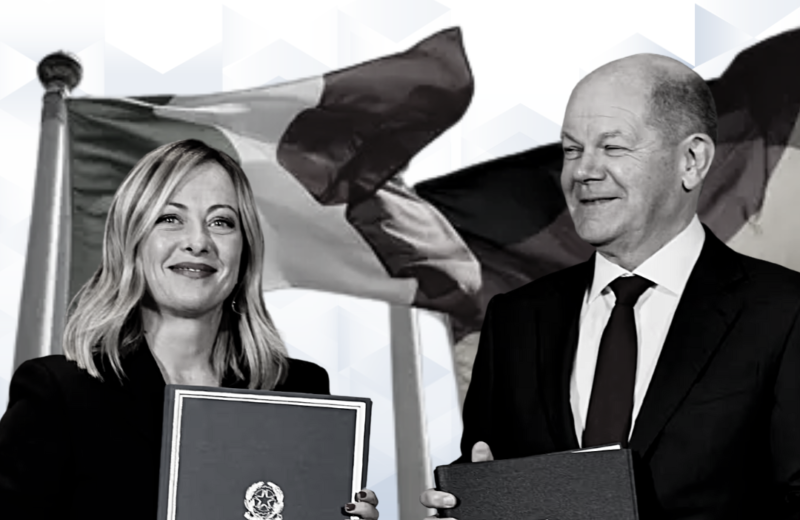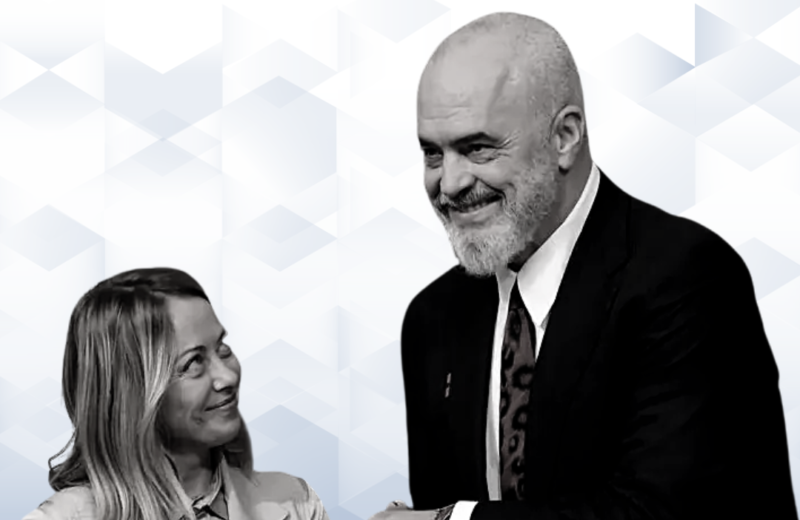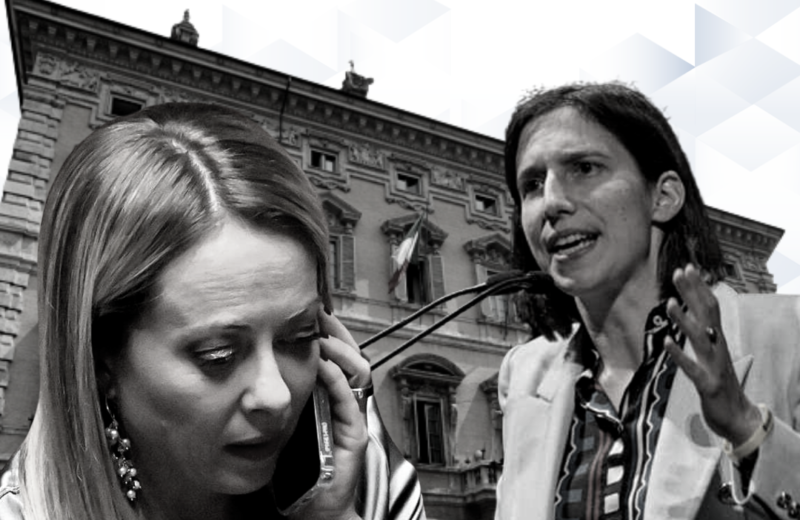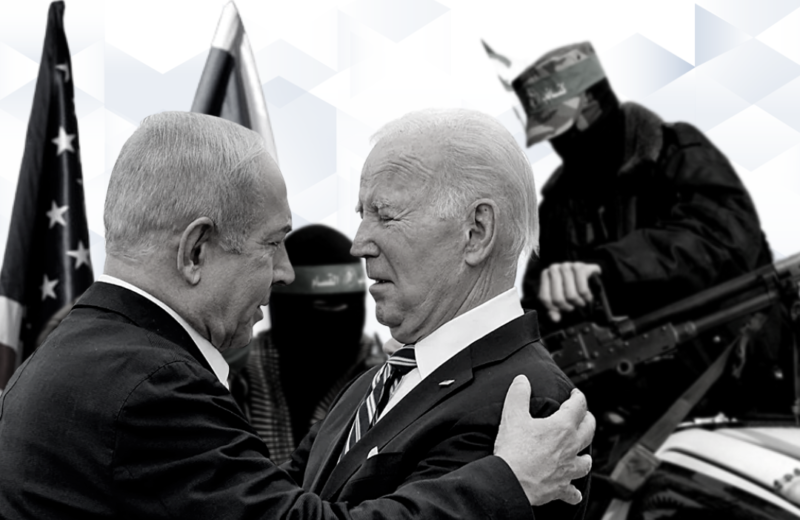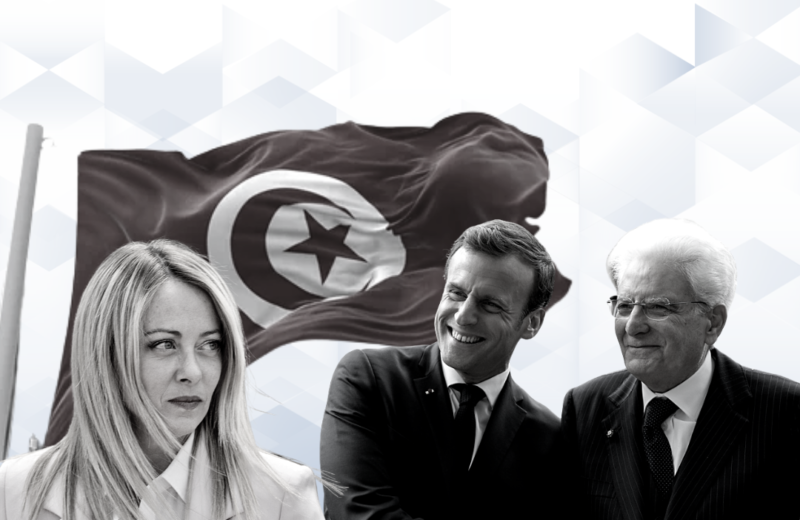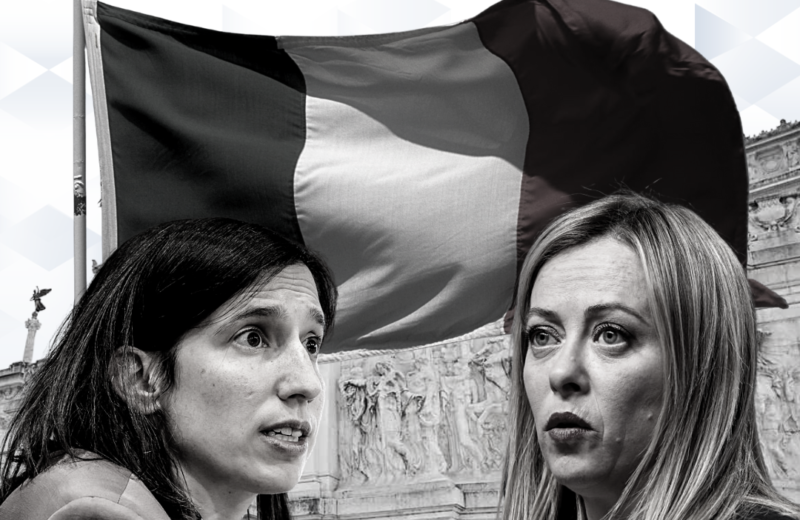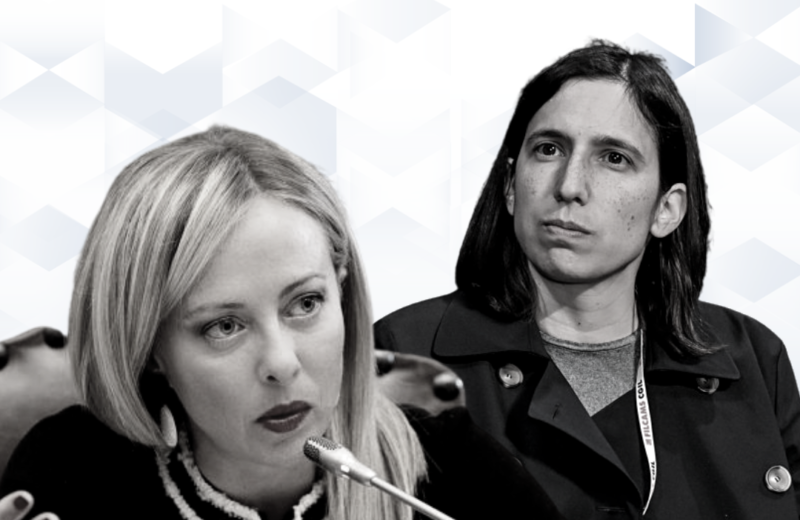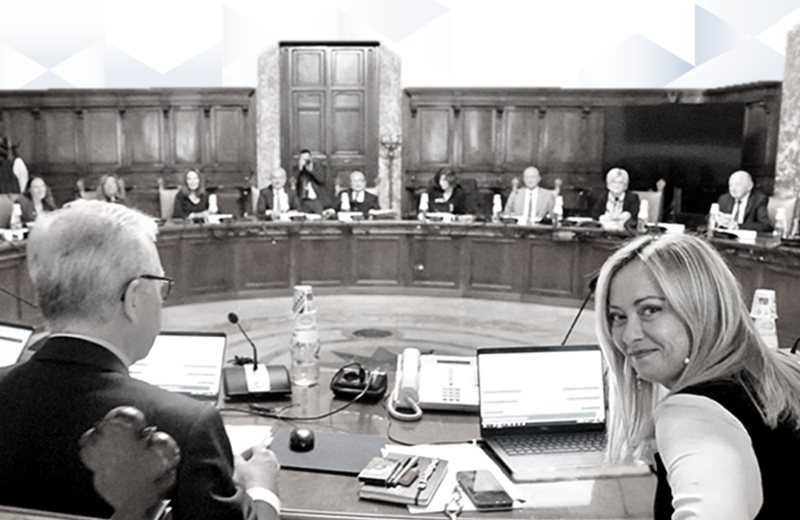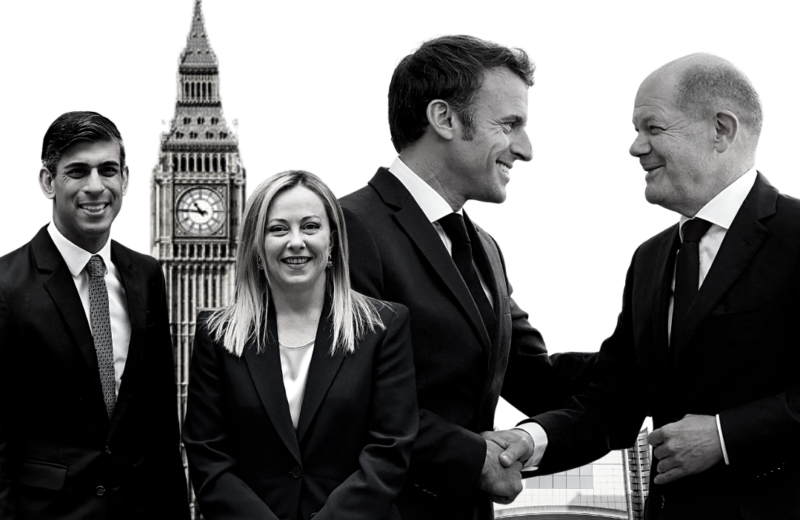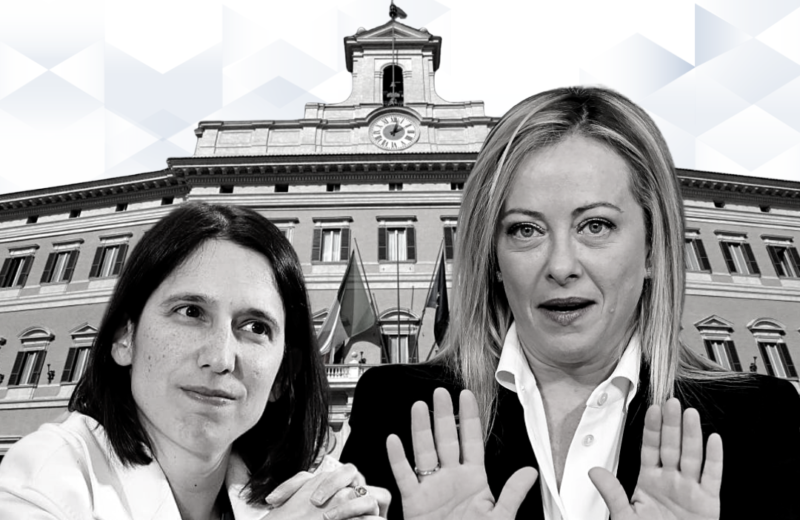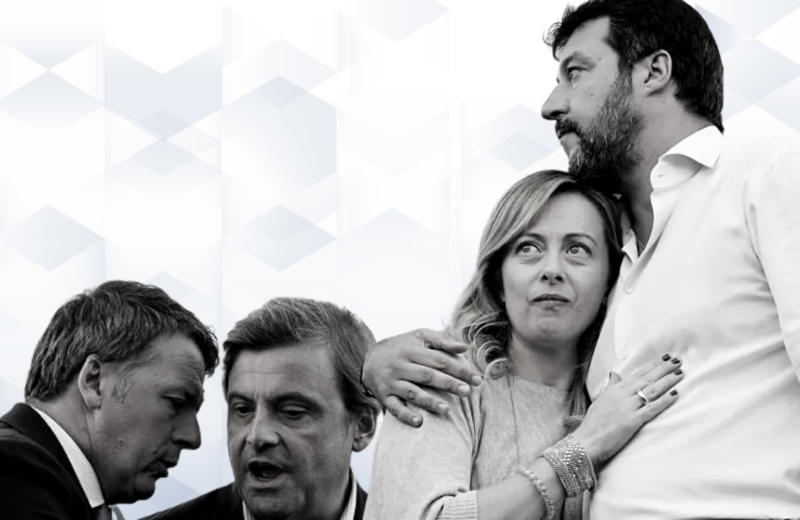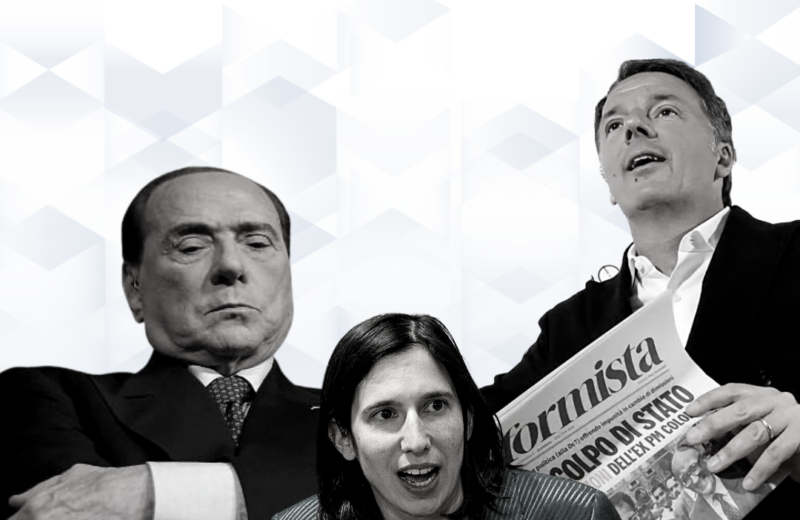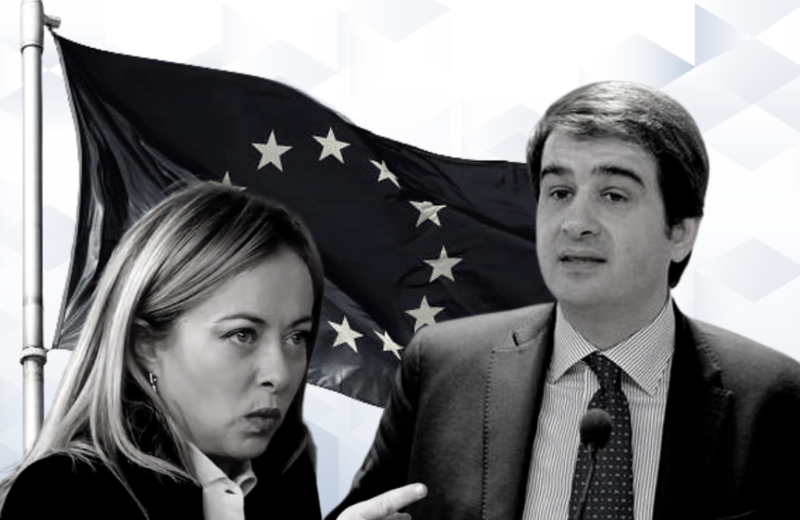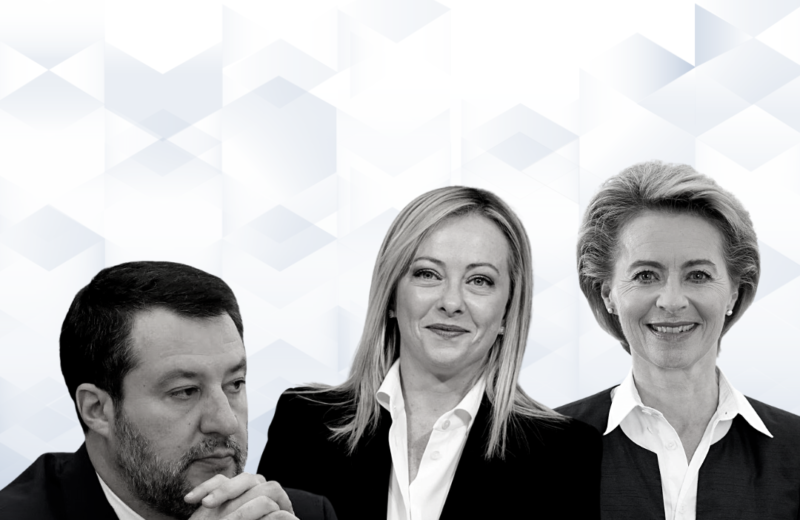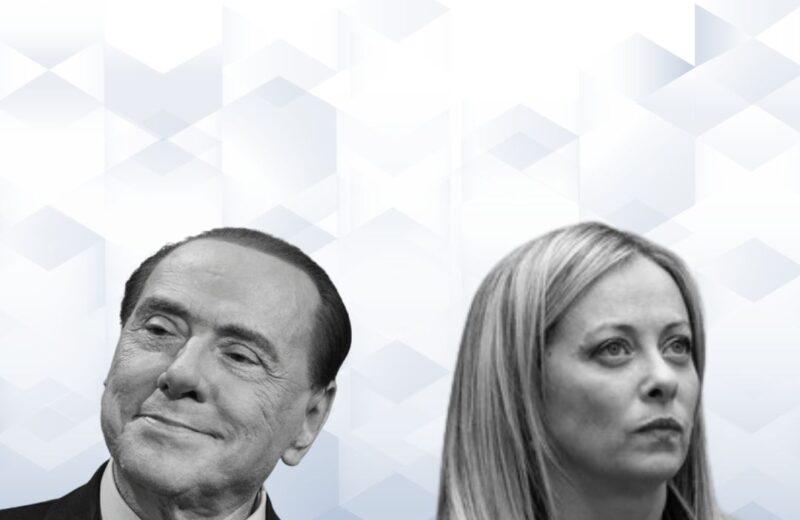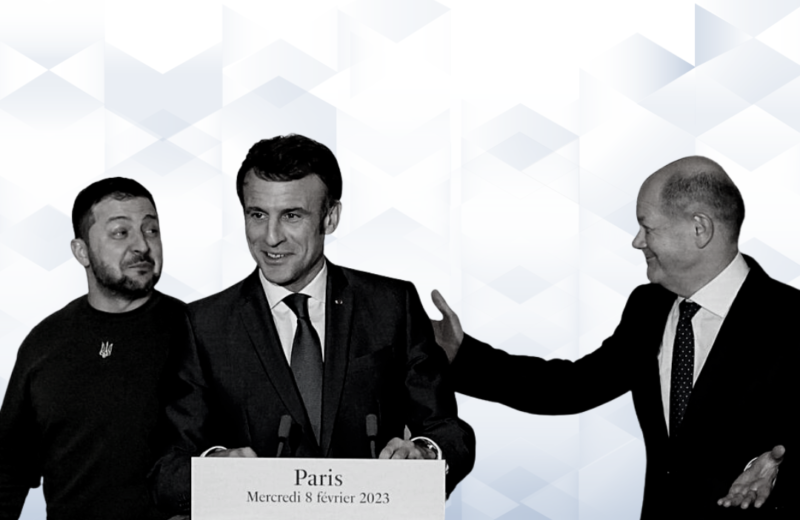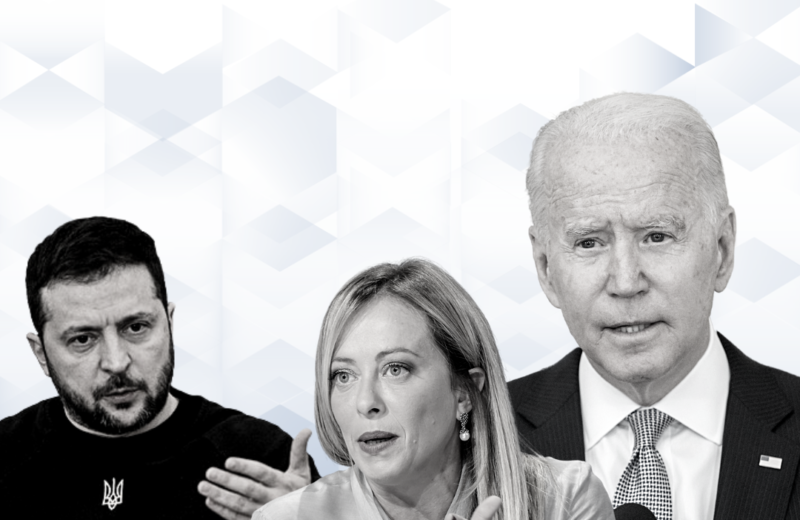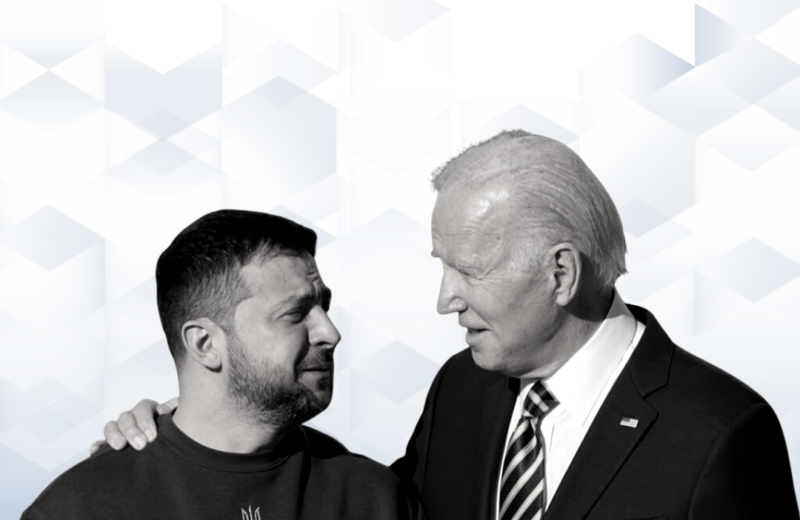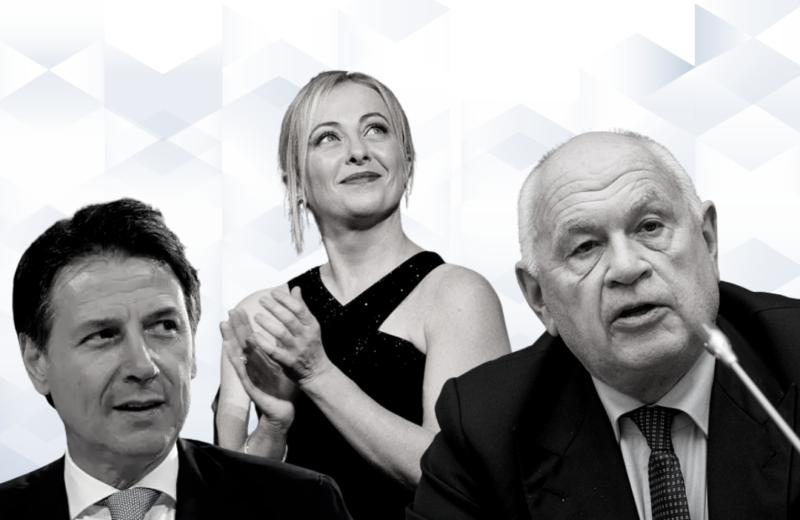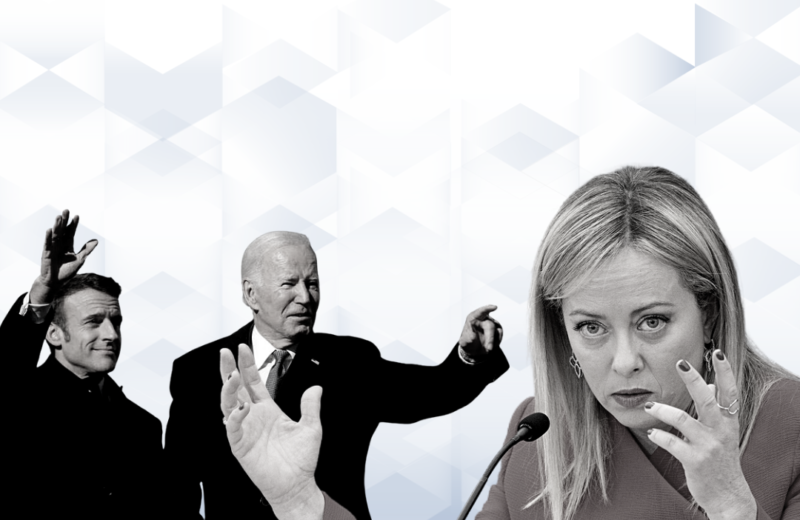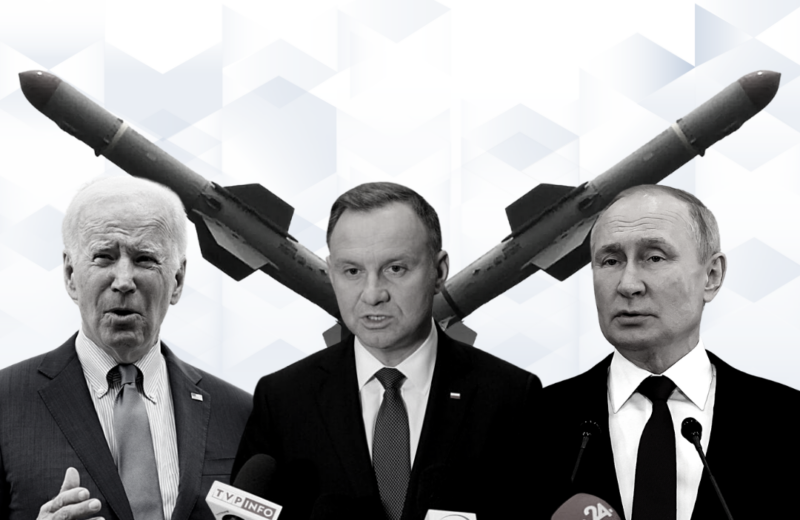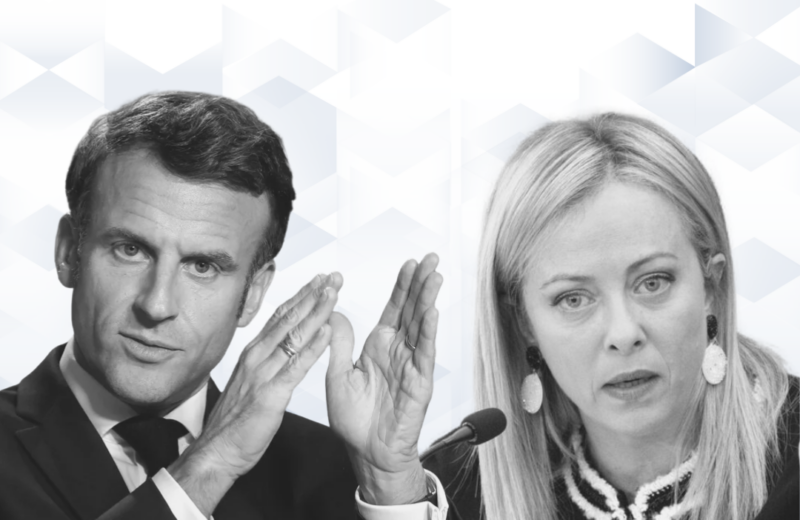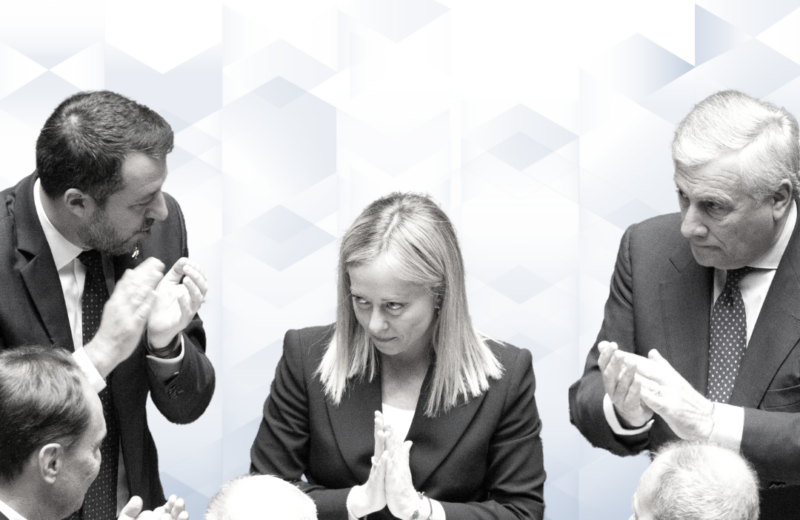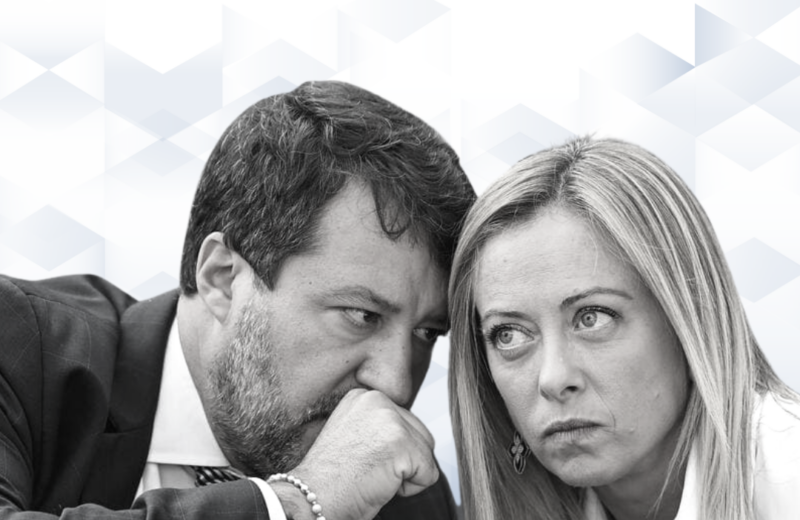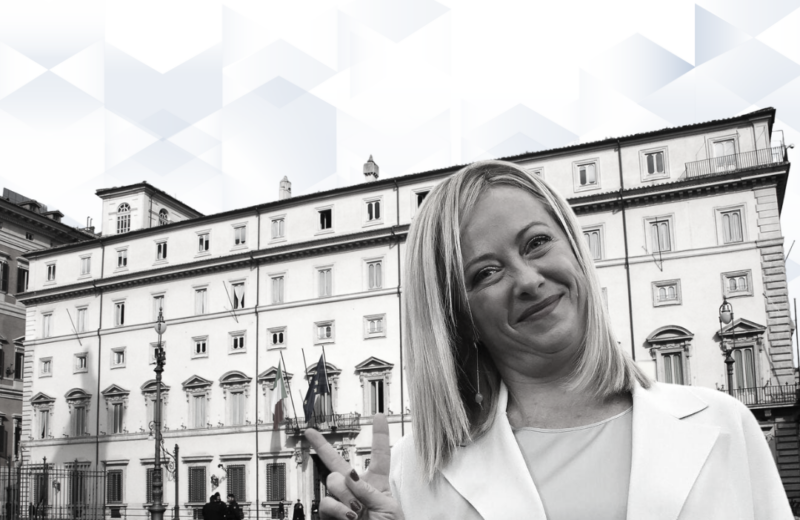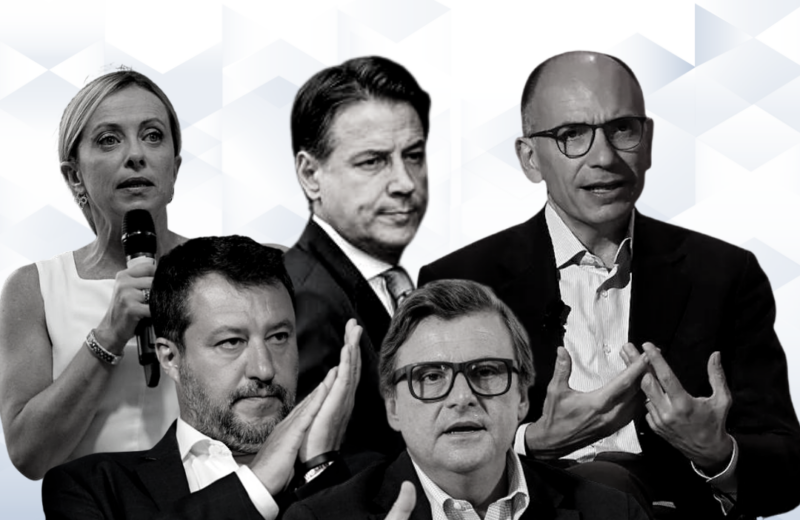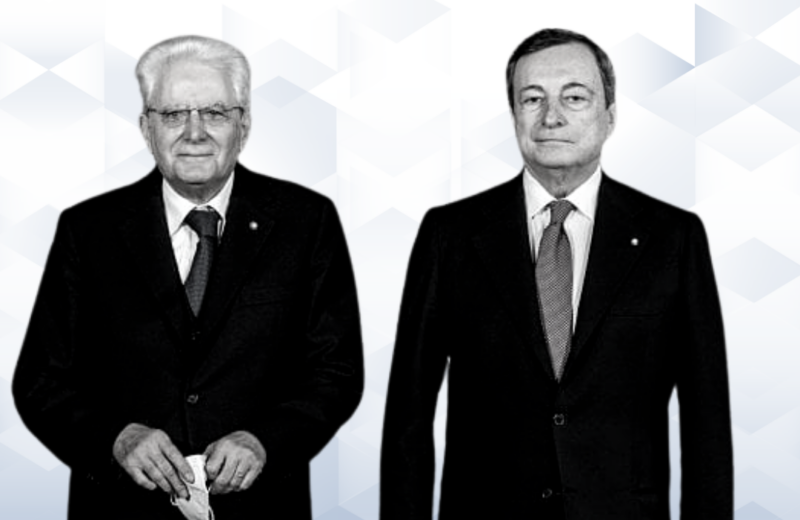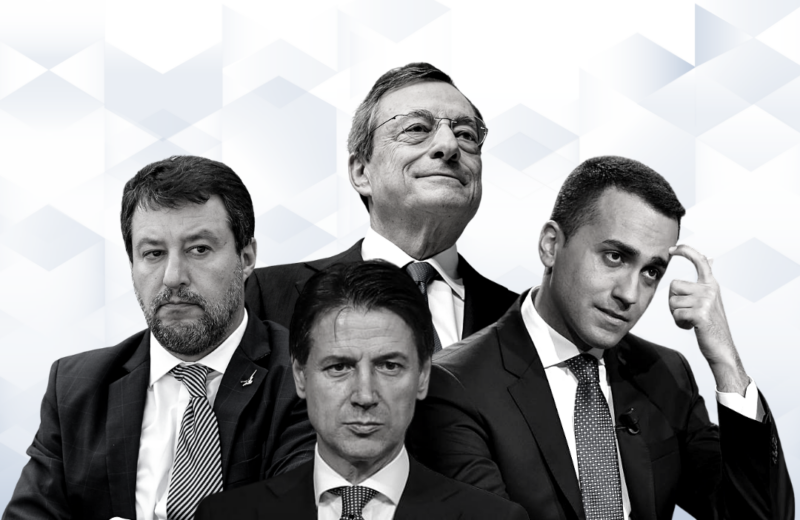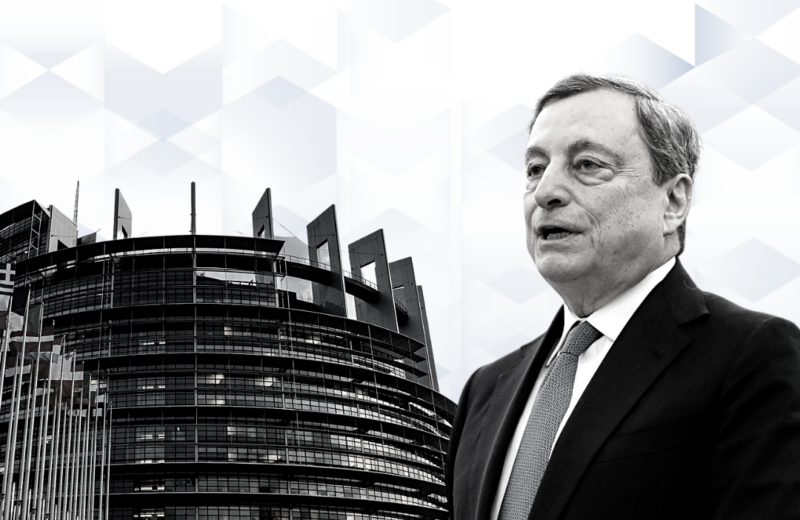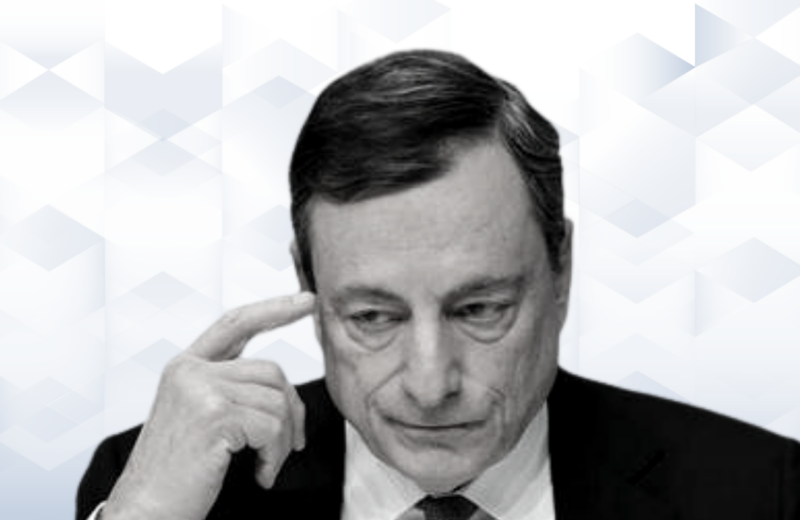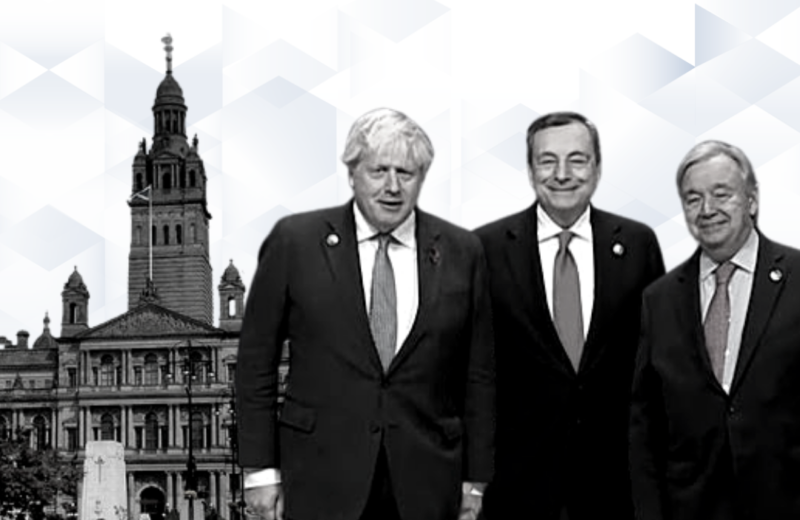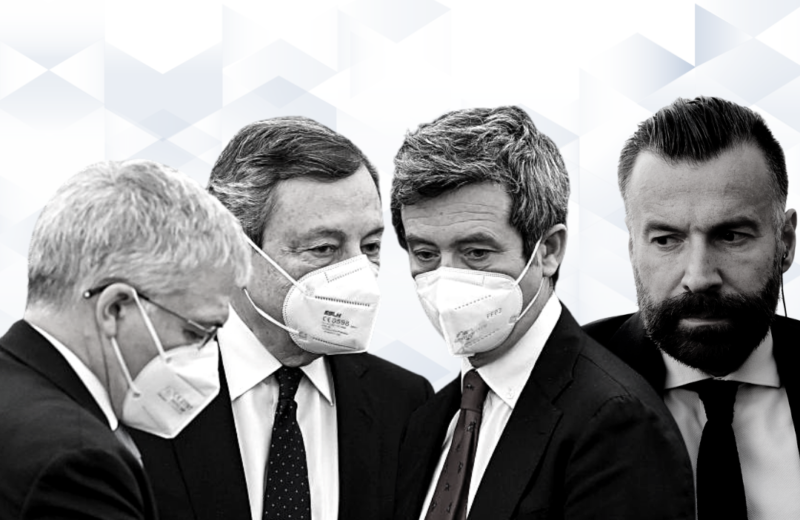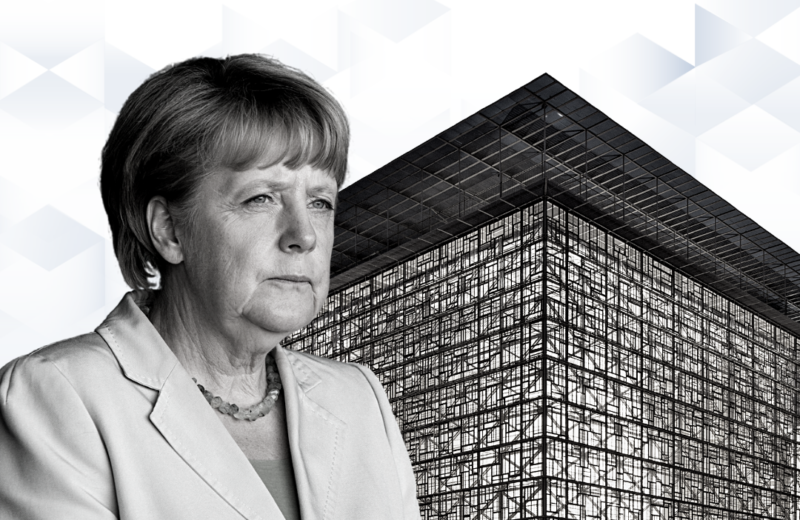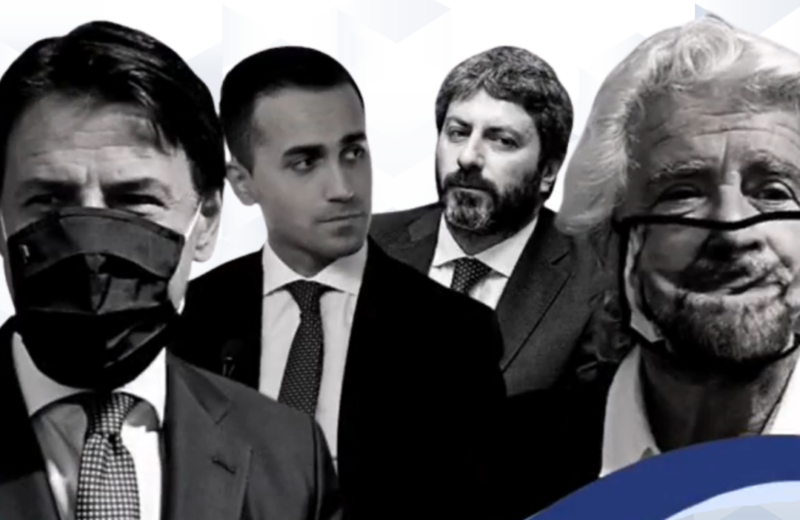All eyes on the economy
On Tuesday, the Council of Ministers approved the Economic and Financial Document (DEF), the document where every year in April the government defines the official valuations of the country’s economic performance. On the same day, the person in charge of the dossier, Minister of Economy Giancarlo Giorgetti, outlined the contents of the document, which this year appears quite anomalous. From the previews released by the Ministry, a GDP growth of 1% is forecasted for 2024 and 1.2% for 2025, while the deficit/GDP stands at 3.7% and debt at 138.9%. But besides the not particularly encouraging numbers, another factor has caught media attention. This year’s DEF contains only the trend forecasts of the Italian economy, without including the effect that the measures the government wants to introduce or modify can have on GDP growth or the evolution of public debt. In this way, as of now, the Meloni Government has not made any binding commitments for 2025, and, above all, has not indicated how it intends to find the money to refinance the measures that will expire at the end of 2024. The choice not to include programmatic estimates, but only trend forecasts, was justified by the Minister regarding the changes to European rules on fiscal and financial policy that Member States must comply with. Indeed, between June and July, guidelines will be published that will specifically indicate how to apply the Stability and Growth Pact rules, which will define a sort of track for each Union country to follow to keep public finances in order. Until then, according to the Minister, adequate instructions are lacking for more details. Moreover, Giorgetti’s “wait-and-see” attitude is not a problem and has been agreed with the European Commission, which would grant a similar derogation to other countries facing the same difficulties. In any case, the Minister reassured that by September 20, 2024, the Government will have to publish its new comprehensive structural program for the economy and finance.
The decision is therefore postponed until after the European elections, which are currently the focus of internal debates among Union member countries. In Italy, the confrontation has intensified within all coalitions, and even the majority struggles to appear in harmony regarding the candidacies. From the increasingly heated tones between Schlein and Conte, who today appear increasingly distant especially in light of the Puglian case, to the internal diatribes within the center-right where tensions between the Lega and its allies are escalating. After all, the perspective of the proportional voting system, which characterizes European elections, does not exalt united factions as much as individual parties: if in member countries formations tend to isolate themselves naturally, Italians certainly do not make an exception.
Also stirring discussion within the majority ahead of the June elections is the issue of equal airtime on TV, which Palazzo Chigi would like to introduce before the European elections. On Tuesday evening, in fact, the joint parliamentary Committee for Rai the collegial body of parliament that has the task of supervising the activities of public TV – approved an amendment that changes the operation of the par-condicio by providing more space for government members during the election campaign. The amendment in question proposed by some center-right parties was heavily contested by the opposition, united on the issue, as it would favor the majority and offer too much space to government officials. The minority declared that they will fight to prevent its final approval, but the center-right parties do not seem to want to back down: it is likely that the issue will generate even more tensions as the European vote approaches.
